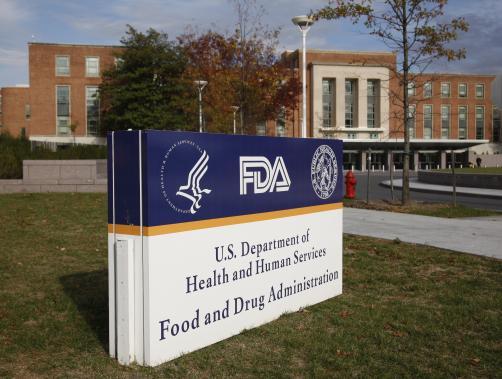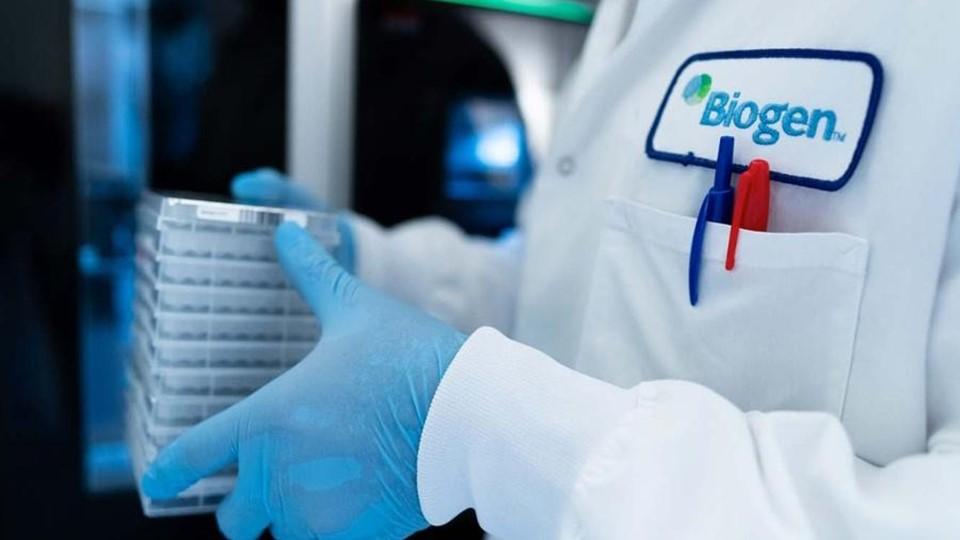FDA begins review of Samsung Bioepis/Biogen's Lucentis biosimilar

Novartis/Genentech’s eye drug Lucentis could be the next big blockbuster to face competition from cheaper biosimilars after its US patent expired this year – and Samsung Bioepis and Biogen are closing in after the FDA accepted a filing for their cut-price rival.
Lucentis (ranibizumab) was first FDA approved in 2006 for wet age-related macular degeneration (wet AMD) and has picked up approvals in related eye conditions ever since, although its patent expired in June.
But it has been a source of controversy – it works by attacking the rogue blood vessels that build up in the retina that are the root cause of wet AMD, something that Roche’s Avastin (bevacizumab) cancer drug can do in an off-label use at a fraction of the price.
Because Roche has never applied for Avastin to be used in wet AMD, clinics in the US have had to choose between the peace of mind offered by the regulatory process and Lucentis’ higher price tag, or the unapproved off-label formulation of Avastin at a lower price.
Samsung Bioepis and Biogen are among a gang of biosimilar developers who want to change this situation and the FDA has just accepted a filing for their potential contender known as SB11.
The European Medicines Agency already began its review of SB11 last month and if approved it will be added to a portfolio of other drugs already marketed by Samsung Bioepis.
Samsung Bioepis, a joint venture between the Korean tech firm and Biogen, last year struck a new marketing agreement with Biogen for two ophthalmology biosimilar candidates, SB11 (ranibizumab) and SB15 (aflibercept), in the US, Canada, Europe, Japan and Australia.
Other potential Lucentis biosimilars could come from Hospira and Pfizer or Formycon/Bioeq, who have potential biosimilars nearing the end of clinical development.
Biosimilars are near-copies of complex biologic drugs grown in cells, that have been rigorously analysed and tested in trials showing that they have the same safety and efficacy profile as the originator drug.
Because the approval process is more complicated and the products themselves are expensive to produce, biosimilars are not sold at the rock-bottom prices of generics.
But they are still sold at a considerable discount compared with the originators and could save billions of dollars in healthcare costs in the coming years.













